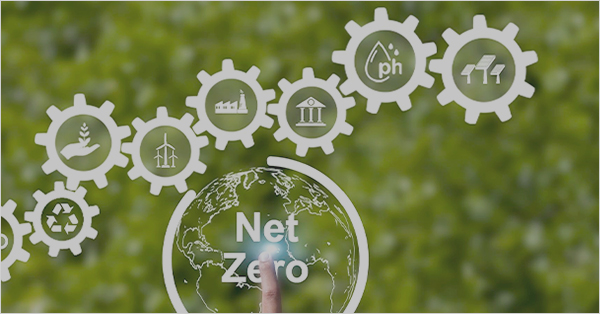
Climate change is one of the most important challenges facing Argentina, a highly vulnerable country due to its productive profile and geographical characteristics. According to ECLAC (2014) estimates, the costs of the expected impacts of climate change could reach 6% of GDP by 2030. In addition, exposure to extreme weather events, such as droughts and floods, desertification, water scarcity, forest fires and glacier retreat make climate change a priority issue on the long-term public agenda, with impacts on productivity and competitiveness of productive sectors.
In December 2020, in its Nationally Determined Contribution (NDC), Argentina committed not to exceed net emissions of 359 million tonnes of carbon dioxide equivalent (MTCOe2) by 2030. In addition, the country has incorporated an adaptation target to reduce territorial, socio-economic and environmental vulnerabilities and strengthen the resilience of different sectors by 2030.
The pressure of global decarbonisation targets in the short and long term, coupled with the rapid development of clean technologies, creates opportunities for green investment in Argentina, as well as globally. In this context, the Argentinean government has established an institutional architecture to design and undertake the necessary steps for the formulation of a National Sustainable Finance Strategy.
In 2020, the Sustainable Finance Technical Roundtable was created, led by the Ministry of Economy and with support from the Inter-American Development Bank (IDB). This space represents the first step towards the overall objective of formulating a National Sustainable Finance Strategy that identifies and generates the conditions for the financial sector to mobilise the necessary resources in a scalable way to encourage investments that contribute to achieving economic, environmental and social objectives, within the framework of the Sustainable Development Goals (SDGs), and, at the same time, to respond to climate change through the financing of long-term mitigation and adaptation strategies.
In this regard, the Ministry of Economy, together with the Central Bank of Argentina, the National Securities Commission, and the National Superintendence of Insurance, recently signed a joint statement aimed at promoting the development of sustainable finance in Argentina.
The declaration is part of the work of the Sustainable Finance Technical Roundtable and seeks to promote the adequate incorporation, management, regulation and supervision of risks associated with social, environmental and governance (ESG) criteria, including climate-related financial and balance of payments risks, with the aim of designing policies that contribute to the strengthening, development and stability of the Argentinean financial system. This agreement will also contribute to the design of a National Strategy for the development of sustainable finance in Argentina, and to continue raising awareness of these risks among the different actors in the Argentine banking, insurance and capital market sectors, so that the entities under their regulation and supervision begin to identify them, manage them appropriately and incorporate them into their credit and investment decisions.







 Stay updated on the latest trends of Green Finance
Stay updated on the latest trends of Green Finance


